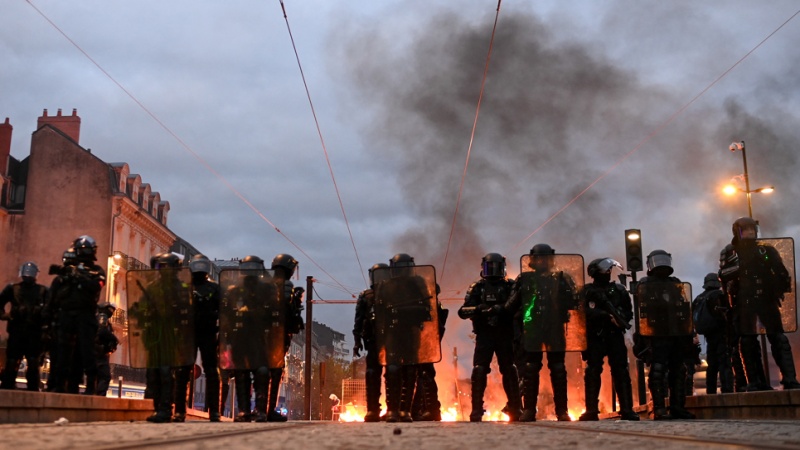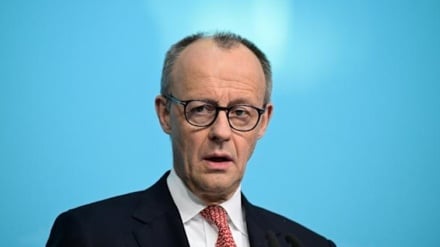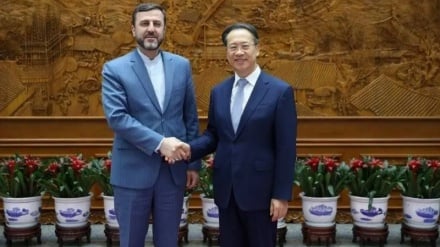Iran slams world's inaction on deteriorating rights situation in West
Iran's vice-president of the judiciary for international affairs has criticized international mechanisms for failing to take a position regarding the deteriorating human rights situation in Western countries, saying international rights bodies are duty-bound to support and promote the key issue across the world.
In a Saturday letter to Volker Türk, the United Nations High Commissioner for Human Rights, Kazem Gharibabadi said the world suffers from fundamental challenges and dilemmas regarding human rights which are mainly caused by those countries that "claim to be defending human rights and see themselves in the position of making demands from others and being immune from any criticism and responsibility."
"The responsibility of the international human rights mechanisms in such conditions is fundamental to support and promote human rights, which must be fulfilled by respecting independence, impartiality, professionalism, and non-selectivity," said Gharibabadi, who also served as the Secretary General of Iran's High Council for Human Rights.
He warned of adopting "politically-motivated and selective" approaches that does a great disservice and is detrimental to human rights, and erodes public trust in human rights mechanisms.
He drew the commissioner’s attention to some situations in several countries, including France, Britain and Germany, over the last six months regarding the "right to freedom of assembly and of association."
Pointing to massive public demonstrations in France in protest against the government’s policies, the Iranian rights official said, "Instead of listening to the protesters’ demands and trying to improve the situation, the French government resorts to large-scale violence to deal with the gatherings."
Gharibabadi censured the French government for using anti-riot equipment, assaulting people, and arresting thousands of protesters as only part of the countermeasures.
Referring to Britain's introduction of amendments to the Public Order Bill to increase police powers to deal with protesters at rallies, he said the "repression bill" leads to a "significant and unprecedented increase in the powers of the police force to impose undue restrictions on peaceful protests and … it criminalizes assemblies under the pretext of deprivation of public comfort and provides a sentence of up to 10 years of imprisonment."
Gharibabdi pointed to a sit-in protest in Germany. He said over 3,000 German police and security forces arrested hundreds of political opponents under the pretext of plotting to stage a coup d'état.
"In yet another move, the German government seeks to pass a law that will expel its opponents from all government jobs under the pretext of extremism." The top Iranian rights official said most European countries have been the scene of peaceful protests over the past months which were "suppressed and dispersed with the most severe attacks by law enforcement forces."
Referring to the recent riots in Iran, Gharibabadi said," Egged on by incitement and backing of particular states, media outlets and terrorist groups, the recent gatherings in the Islamic Republic of Iran deviated from their peaceful nature and morphed into riots, causing violations of the fundamental rights of citizens."
On the contrary, he said, Iran took a responsible policy, and established an investigative committee to launch inquiries into the possible physical and financial damages and the violations of the rights of all parties.
SS



